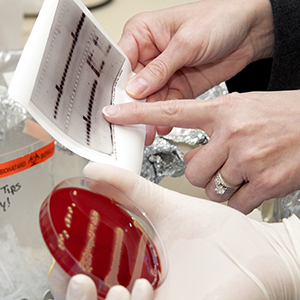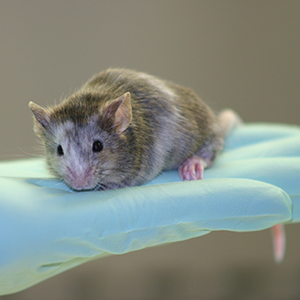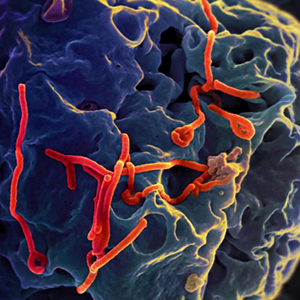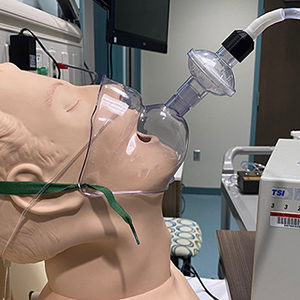Description
Empower macrophages to treat biofilm infections
Bacterial biofilm infections are notoriously difficult to treat, but scientists at UNMC have developed a new option that could change that.
Biofilm infections are colonies of bacteria that bond together, creating a nearly impenetrable barrier to traditional antibiotic therapies. These challenging infections occurred in more than 20,000 patients who underwent total knee- or hip-replacement surgeries in 2020. If the biofilm infection is unresponsive to traditional antibiotics, then surgeons often need to remove the orthopedic implant, significantly prolonging patient recovery.
Tammy Kielian, PhD, and her laboratory have demonstrated that biofilms actually reprogram macrophages to become less active, decreasing their ability to attack the biofilm. One way that biofilms target macrophages is to reprogram their metabolic profile. Dr. Kielian’s team has shown that reversing this metabolic reprogramming makes macrophages more effective at attacking biofilm infections.
Dr. Kielian’s group has developed a nanoparticle system capable of targeting and reprogramming macrophages’ metabolic profiles to increase their ability to attack and destroy biofilms. Combining these specialized nanoparticles with standard antibiotics can effectively clear established biofilm infections.
To discuss licensing opportunities contact Matt Boehm, PhD, at mboehm@unmc.edu or 402-536-9881.






